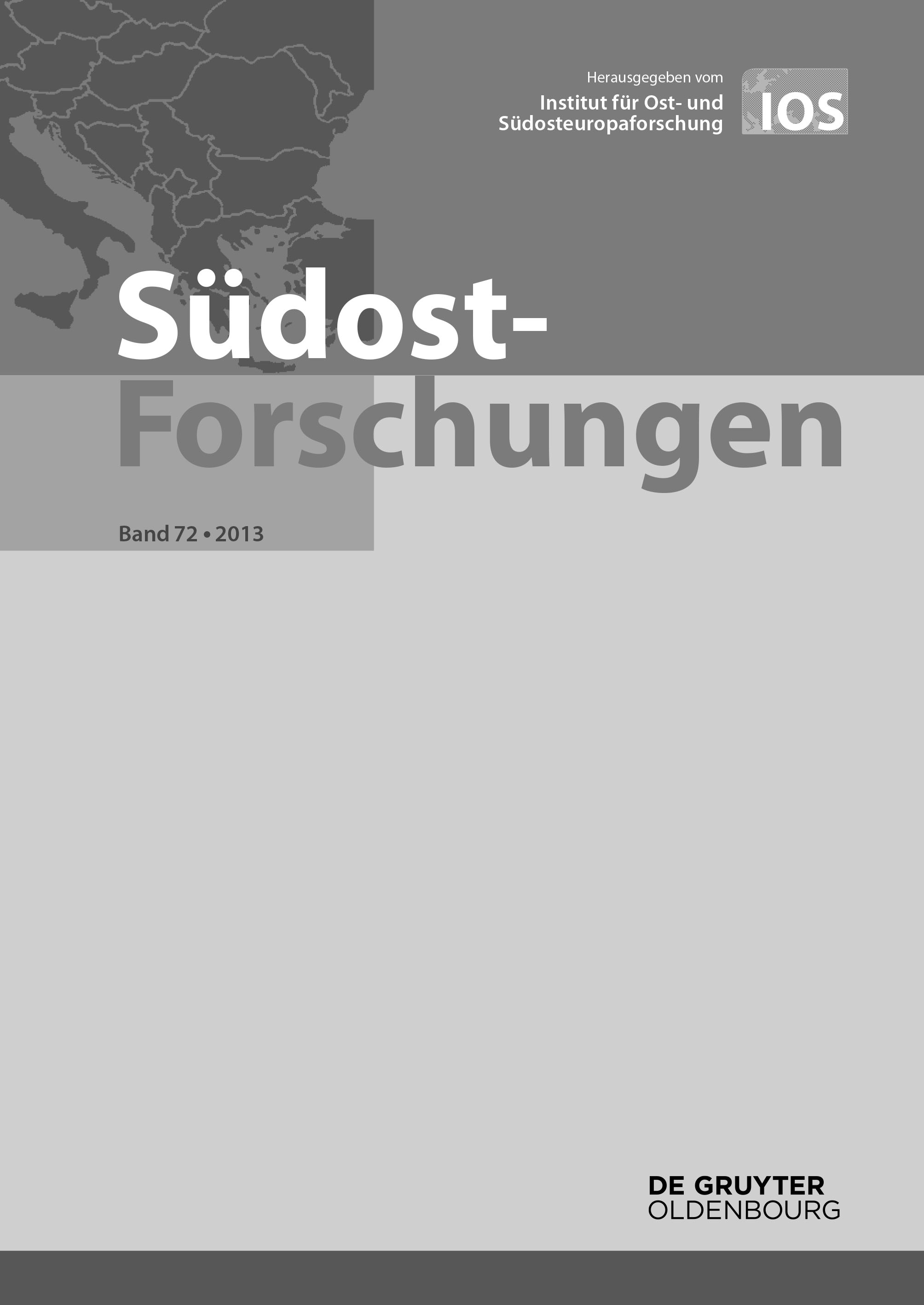„Neues Werk, neue Menschen“: Die Rekrutierung von Arbeitskräften für das albanische Stahlwerk „Stahl der Partei“
„New Plant, New Men“: The Recruitment Process for the Albanian Steel Factory „Steel of the Party“
Author(s): Visar NonajSubject(s): Economic history, Labor relations, Cultural Anthropology / Ethnology, Culture and social structure , Post-War period (1950 - 1989), Socio-Economic Research
Published by: De Gruyter Oldenbourg
Summary/Abstract: The Steelwork „Steel of the Party“ would be the most prestigious project of the industrialization of the socialist Albania and it meant a break in the communist industrialization policy. The process of the recruitment of the work force, which should deploy his construction, is in the focus of this article. The historical research has not picked the steelwork up as a central theme and there are not published studies, which are concerned with the Albanian worker in the State Socialism. The steelwork had not only to make the economic autarchy possible, but also to become a smithy of the “New Socialist Man“. It will be researched, which measures took the regime for providing enough qualified work forces for the construction and the putting into service of the steel plant and it will be responded the question, if the implementing of the measures was in accordance with the intentions of the communist leadership. Primarily, I will discuss about similar projects in other countries of the Eastern Block, so that I can analyze to what extent the economic planners in Albania have been influenced from these experiences. Subsequently, I will describe the concrete planes, which were developed for recruiting enough manpower for the steel plant. The local power authorities stood under special pressure on the part of the leadership of the party and of the government. They had to allocate the necessary work forces within the period prescribed and to care for their qualification at the same time. This proved to be impracticable in that way, despite the much rigid measures of the socialist regime by comparison with the other states of the Eastern Block. The local responsibles had to map out strategies, so that they could keep the ideological demands and manage the routine problems. This, in turn, had unexpected effects, as the fluctuation of the work forces or the illegal migration with all their side-effects. The Chinese support also could not equalize the structural weaknesses of the Albanian economy. Even in a small country as Albania the Stalinist regime could not determine every aspect of the working life. In Elbasan it had to come to terms with the management as well as with the potential work forces.
Journal: Südost-Forschungen
- Issue Year: 2013
- Issue No: 72
- Page Range: 319-348
- Page Count: 30
- Language: German
- Content File-PDF

